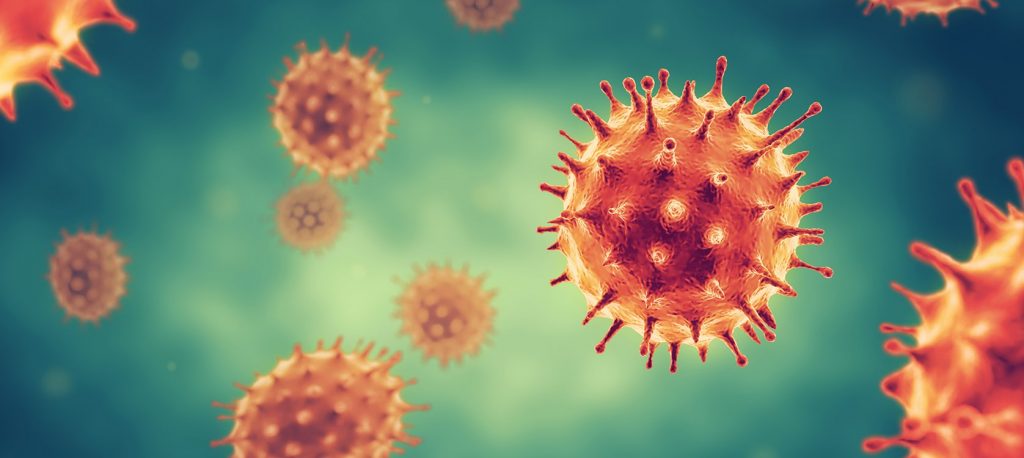Community Partner
COVID-19 update for People Living with HIV
17/03/2020
Thorne Harbour Health, Living Positive Victoria, and Positive Women Victoria are encouraging people living with HIV (PLHIV) to take additional precautions in the face of the changing landscape around 2019 novel coronavirus (COVID-19).
All three organisations want to ensure the ongoing health and wellbeing of all PLHIV. This means minimising the risk of exposure to the virus.
While everyone is at risk of contracting COVID-19, the consequences of infection are more severe for some vulnerable groups. This includes PLHIV who are:
- Aged over 60 years old
- Living with a detectable viral load
- Diabetic
- Smokers
- Living with a comorbidity such as heart or lung issues
Those PLHIV on treatment with an undetectable viral load (and no other significant health condition) are at no greater risk of serious health consequences due to COVID-19 than the general population. That being said, they should still take the advice of the Department of Health in exercising precautions such as hand-washing, working from home where possible, limiting time on public transport, and avoiding large groups or crowded areas.
Those PLHIV who fall into one of the vulnerable groups listed above should limit contact with others to avoid potential exposure to COVID-19.
As a result, all three organisations will be exercising additional precautions to protect the wellbeing of people in our communities including:
- postponing regularly scheduled groups, meetings, and events
- using phone and video technology to deliver peer support and similar services
- making alternate arrangements for services typically delivered out of the Positive Living Centre
If you are living with HIV and are concerned you might be at risk, you should:
- Maintain regularly scheduled medical appointments, but consider asking your doctor about telehealth consultations
- Ensure you have between 1-3 month supply of any medications you currently take
- Avoid stockpiling medications beyond a 1-3 month supply as this could cause unnecessary shortages
- Be wary of advice or articles in social media — do not modify the medications you currently take or begin taking new medications without first consulting your doctor
- Keep in touch with friends, colleagues, and family via phone calls and video chat — consider scheduling regular catch ups
- Stay in touch – our organisations will continue to have peer support and other community support available by phone, email and online
This public health issue can be stressful, but our communities have a long history of staying informed and collective action to ensure we look after our health as well as the wellbeing of those around us. Let’s keep this legacy going as we look after ourselves and those around us.

